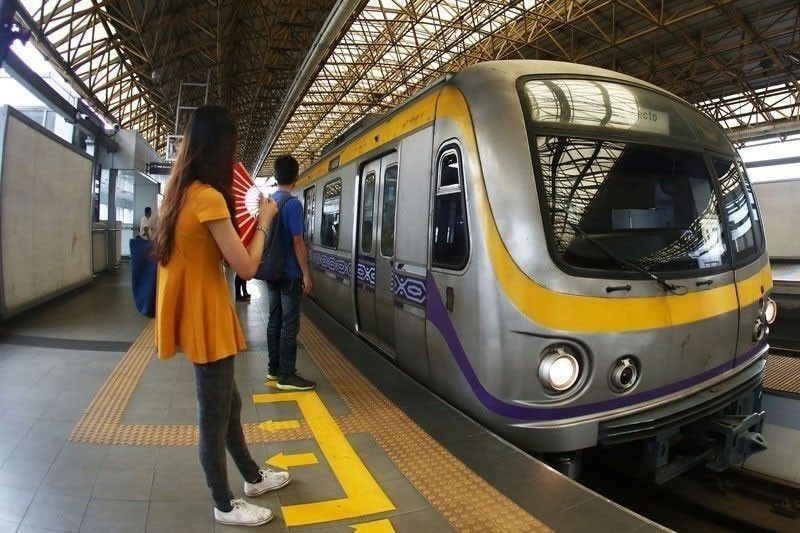
Upgrade to High-Speed Internet for only ₱1499/month!
Enjoy up to 100 Mbps fiber broadband, perfect for browsing, streaming, and gaming.
Visit Suniway.ph to learn
MANILA, Philippines — The House of Representatives on Monday, June 9, passed on third and final reading House Bill 11287, which proposes to extend the term of barangay and Sangguniang Kabataan (SK) officials from three to six years.
The measure, which proponents say would “fix” the term of office, was approved with 153 affirmative votes, four negative votes and one abstention.
House Bill 11287 particularly proposes amendments to Sections 42 and 43 of the Local Government Code of 1991, which currently prescribe three-year terms and define how many consecutive terms officials may serve.
Although the bill extends the term of office to six years, it also imposes new limits on re-election. Barangay officials would be allowed to serve two terms in a row, and SK officials just one.
Postponing elections. A key feature that is also drawing attention is the bill’s aim to synchronize barangay and SK elections (BSKE) starting 2029, in which they would be held every six years on the second Monday of May.
The next BSKE is currently set for December 1.
This comes after a series of postponements since 2016, often justified by lawmakers citing insufficient time for officials to implement their programs or cost-cutting during the pandemic.
The Supreme Court, however, pushed back against such reasoning, striking down the law in 2022 and reinforcing the constitutional requirement for regular elections.
Incumbents to stay in office. The last barangay and SK elections (BSKE) were held in October 2023. If enacted into law, the bill would allow all incumbent barangay and SK officials to remain in office until the next elections in May 2029, in line with the proposed six-year term.
Rep. Rufus Rodriguez (Cagayan de Oro, 2nd District) argued that under the proposal, sitting barangay and SK officials would be able to serve a full term without being interrupted by the December elections.
“The officials will not be given enough time to fully implement their plans, programs and activities which they have promised their constituents,” he said in a statement.
Some lawmakers, however, have opposed the measure.
Why some opposed
Rep. Raoul Manuel (Kabataan Party-list) warned that the bill could be questioned before the Supreme Court as it would mean a de facto postponement of the barangay and SK elections scheduled in December.
He added that SK officials, who are aged 18 to 24, are at a point in life when they’re typically juggling studies, job prospects, and other personal milestones, which could make a six-year term impractical.
“Kung ang SK ay tunay na avenue para sa paglikha ng mga susunod na pinuno mula sa hanay ng kabataan, hindi nito kinakailangan ang anim na taong itatagal ng kanilang termino,” Manuel said.
(If the SK is truly a platform for developing the youth to become the next leaders, it does not require a six-year term to fulfill that purpose.)
Rather than prolonging their term, SK officials would benefit more from continued capacity-building efforts, adequate compensation and meaningful empowerment, Manuel added.
Senate's version. The Senate passed its counterpart measure, Senate Bill 2816, on January 14. It proposes setting the term of office for barangay officials at four years, with a limit of three consecutive terms.
Unlike the House version, which schedules the next elections in 2029, the Senate bill moves the date earlier to October 2027.
Ongoing preparations
Commission on Elections (Comelec) Chair George Garcia said on Tuesday that the poll body will continue preparations for the upcoming barangay and Sangguniang Kabataan elections in December, including the procurement of necessary materials.
He said that P11 billion has been allocated for the elections.
Garcia also told reporters it may be more damaging for the Comelec to delay preparations while waiting for either of the proposed measures to be enacted into law.

 2 weeks ago
8
2 weeks ago
8



